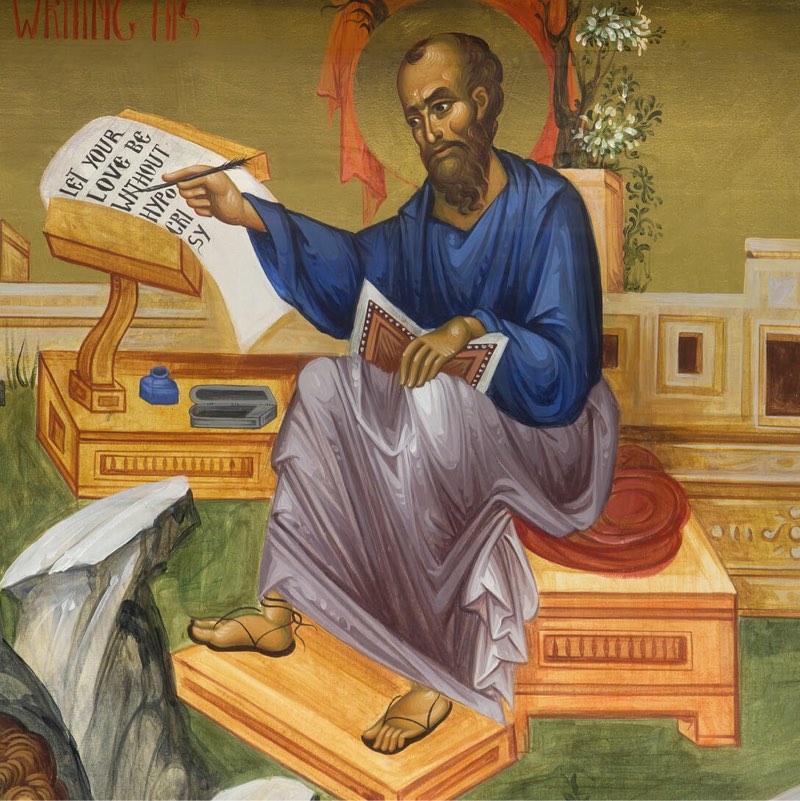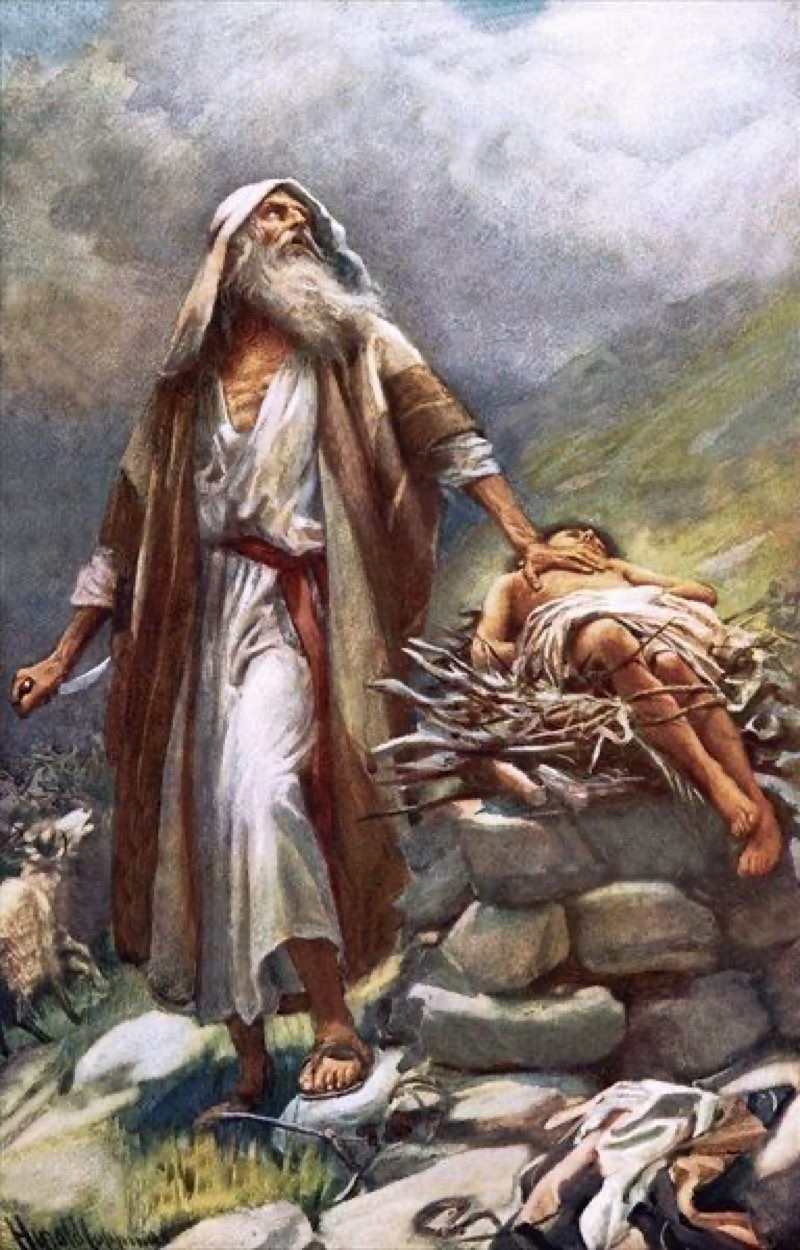Could you provide a comparison between Paul's viewpoint and the Islamic perspective on the Torah?
Paul's Viewpoint:
Paul, a prominent figure in early Christianity, believed that the Torah, or the Jewish law, was no longer necessary for salvation.
He taught that faith in Jesus Christ was the new way to salvation, and that following the Torah was no longer required for believers.
He emphasized the idea of grace and the freedom from the strict adherence to the Jewish law.
Islamic Perspective:
In Islam, the Torah is considered to be a holy book revealed by God to Prophet Moses, and is one of the four major sacred scriptures, along with the Quran, the Gospel, and the Psalms.
Muslims believe in the authenticity and divine origin of the Torah, but also believe that it has been altered over time. They believe that the teachings in the Torah have been superseded by the final revelation of the Quran, which Muslims are required to follow.
Comparison:
Paul's viewpoint and the Islamic perspective on the Torah differ significantly. While Paul advocated for the freedom from the Torah and its laws, the Islamic perspective reveres the Torah as a divine scripture, but also believes in the progressive revelation of the Quran.
Muslims do not see the Torah as obsolete, but rather as a preceding revelation that has been preserved, with its core teachings reaffirmed in the Quran.
Is the gospel of Paul at odds with the teaching of Jesus?
The question of whether the teachings of Paul (often found in his letters, or epistles, in the New Testament) are at odds with the teachings of Jesus is a topic of much discussion among theologians, historians, and biblical scholars. Here's a brief overview:
1. Different Contexts: Jesus' teachings, as recorded in the Gospels, were directed primarily at a Jewish audience in a specific socio-political context. Paul, on the other hand, was writing to specific church communities, many of which were predominantly Gentile with their own sets of issues and challenges. This led to differences in emphasis and approach.
2. Salvation Through Faith: One of the most debated differences centers on the concept of salvation. Paul emphasized justification through faith in Jesus Christ (Romans 3:28), while Jesus spoke about the Kingdom of God and the necessity of righteous living. However, this doesn’t mean they are necessarily at odds; Paul also emphasized the importance of love and living a moral life (Galatians 5:22 - 23).
3. Law and Grace: Jesus often discussed the Jewish Law (or Torah) and its interpretation (for example, the Sermon on the Mount in Matthew 5 - 7). Paul, on the other hand, wrote extensively on the relationship between the Law and grace, particularly for Gentiles who were not under the Jewish Law. Some interpret Paul as rejecting the Law, but others see him as reinterpreting its role in light of the Gospel.
4. Consistency on Core Beliefs: On core beliefs such as the resurrection of Jesus, the importance of love, and the belief in one God, Paul and Jesus are consistent. For instance, both emphasize love as the greatest commandment (Matthew 22:37 - 39; 1 Corinthians 13).
5. Interpretation Matters: How one interprets certain passages can influence how they perceive potential conflicts or harmonies. Some scholars believe that the differences between Jesus and Paul are more about emphasis than contradiction.
6. Evolution of Theology: Some argue that Paul developed or expanded on the teachings of Jesus in a way that made them accessible to a Gentile audience, thus playing a foundational role in the spread of Christianity beyond its Jewish roots.
It's also important to note that the letters attributed to Paul were some of the earliest Christian writings, predating the writing of the Gospels. Given this, some argue that Paul's letters provide a lens through which the Gospel writers, decades later, understood and portrayed the teachings of Jesus.
In summary, while there are differences in emphasis and approach between Jesus' teachings in the Gospels and Paul's epistles, whether they are "at odds" is a matter of interpretation. Many Christians see them as complementary, with each providing insights into the other.



